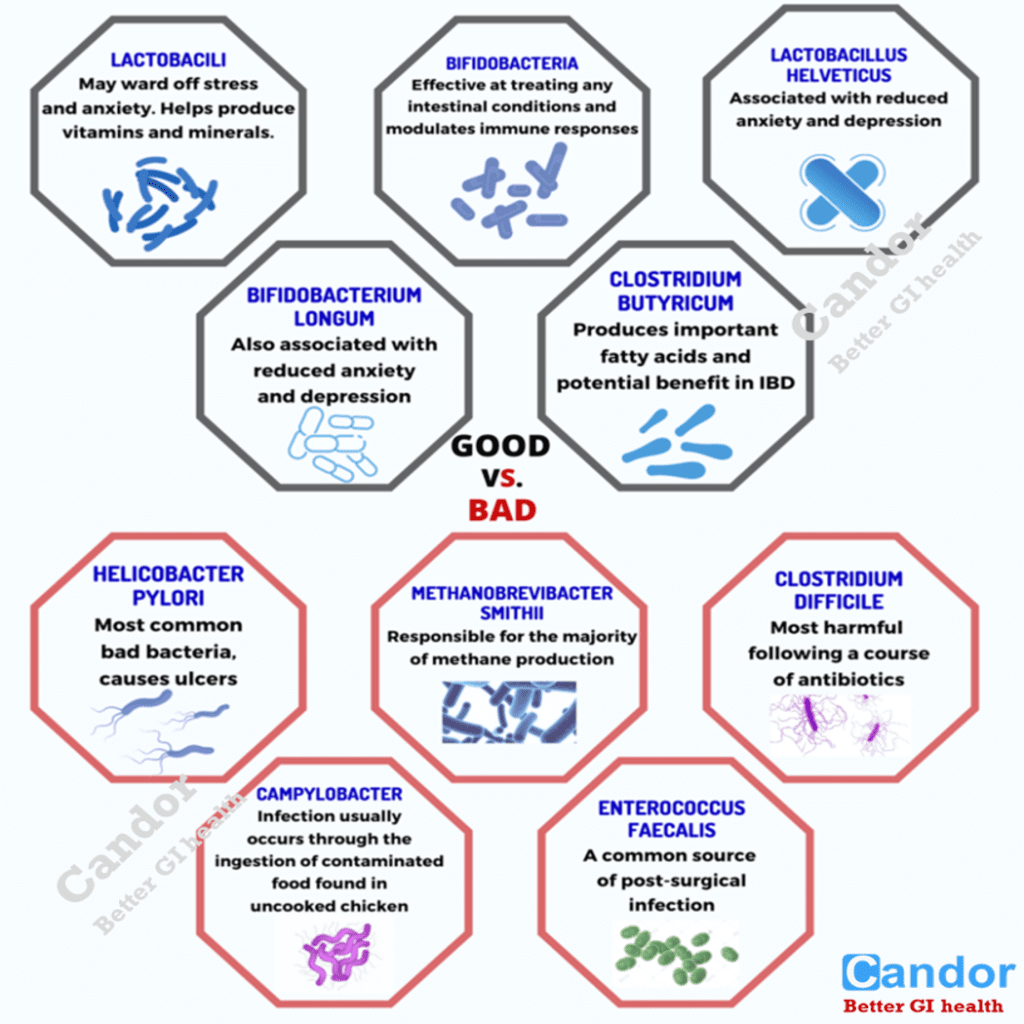The gastrointestinal (GI) tract harbors a diverse array of gut bacteria and assorted microorganisms, totaling in the trillions. These microscopic inhabitants fulfill crucial functions in upholding our well-being. A well-balanced gut microbiota aids in efficient digestion, fortifies our immune defenses, and shields us against detrimental microbes.
Humans and microorganisms coexist harmoniously in a symbiotic bond. Our gastrointestinal tract is teeming with an immense population of microbes, with gut bacteria accounting for approximately 90 percent of their vast numbers. The vital roles of gut bacteria encompass food decomposition, vitamin synthesis, and fortification of our immune system. Disruptions in the delicate balance of gut bacteria have been associated with a range of health issues, spanning from obesity and mood disorders to modified immune responses. The distribution of gut bacteria proportions among individuals residing in developed countries diverges from those found in traditional and developing societies.

References:
- Moszak, M; Szulińska, M; Bogdański, P (15 April 2020). “You Are What You Eat-The Relationship between Diet, Microbiota, and Metabolic Disorders-A Review”. Nutrients.
- Saxena, R.; Sharma, V.K (2016). “A Metagenomic Insight Into the Human Microbiome: Its Implications in Health and Disease”. In Kumar, D.; S. Antonarakis (eds.). Medical and Health Genomics. Elsevier Science.
- Guarner, F; Malagelada, J (2003). “Gut flora in health and disease”. The Lancet.



























